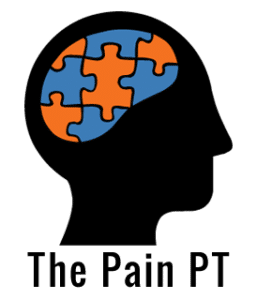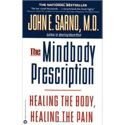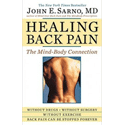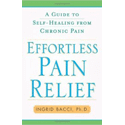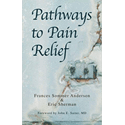How Your Attention Impacts the Placebo & Nocebo Effect
Placebo and nocebo are real physiological effects generated by our brains. They have the power to turn symptoms on, up, or down. Past research has found our expectations (positive and negative) are the primary reason why placebo or nocebo effects occur. This 2024 systematic review found there is something more than expectation alone that contributes […]
